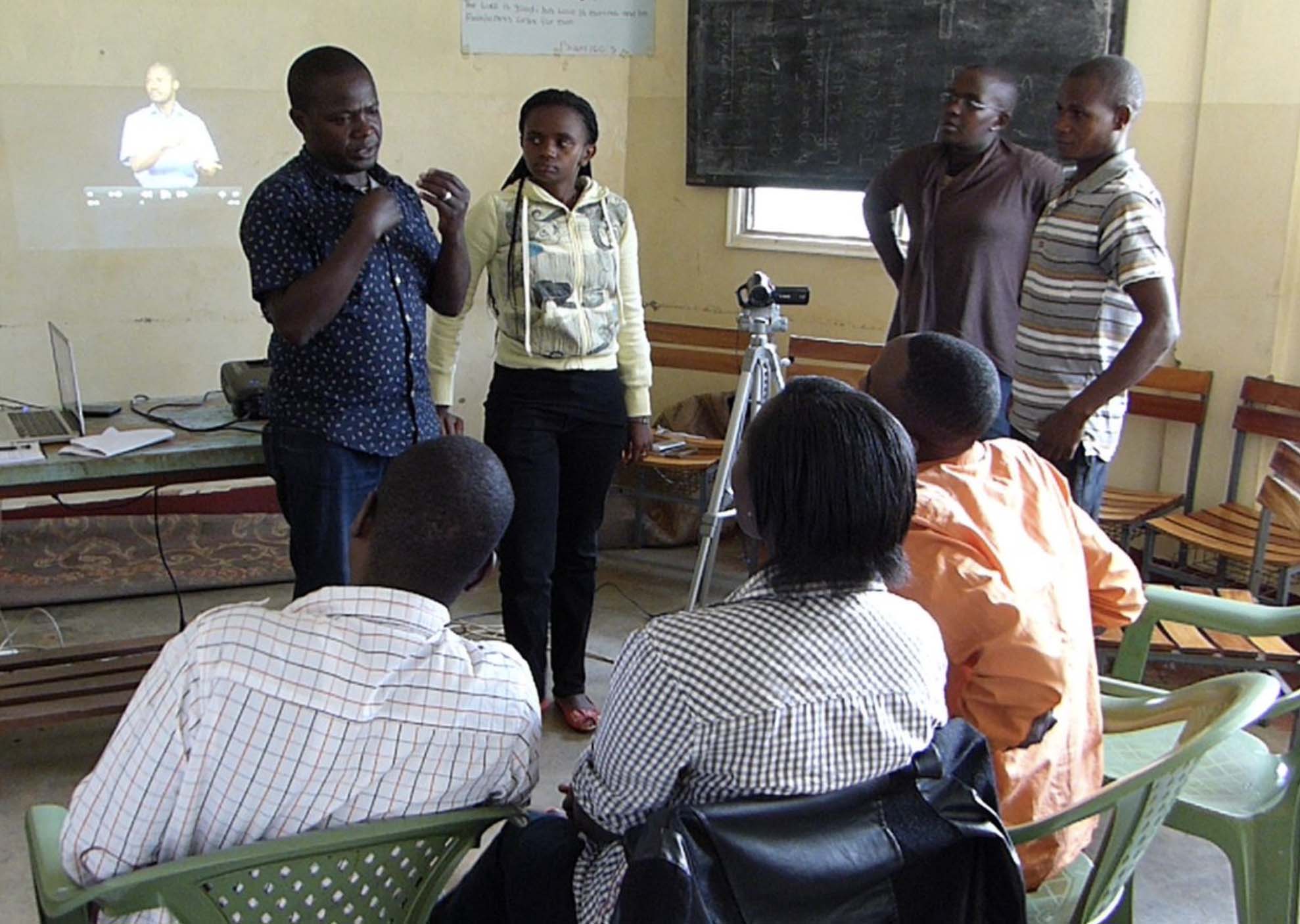During Jesus’ time on Earth, He taught that He had more authority than any prophet that came prior to Him. He spoke of this in John 5. In fact, in that chapter, He claimed that He was the ultimate subject of all previous revelations (John 5:39-40).
From the Gospel accounts, we know that to those who came to Jesus in humility, He offered grace. Examples would be the woman caught in adultery and the thief on the cross.
Reading the Old Testament closely, we will find many passages revealing Jesus’ message, His purpose, and His work. They are pictures of Jesus, pointing us to Him. One of the best illustrations of this is found in 2 Samuel 9.
I suppose some of you may not be familiar with the name Mephibosheth. Well, there are actually two Mephibosheths mentioned in Scripture. The older one was a son of Saul. He is written about in 2 Samuel 21. The younger, whose story I wish to discuss, is first mentioned in 2 Samuel 4:4. Along with King David, he is a central character in the historical narrative told in 2 Samuel 9.
When Saul and Jonathan were killed by the Philistines, news of this came to Saul’s castle, and the people there panicked. Mephibosheth, a small child, was being held by his nurse as she attempted to flee. In her haste, she stumbled and dropped him, breaking his ankles, which caused him to be crippled the remainder of his life.
Years later, as David was contemplating the past, he asked some of his attendants if there were any descendants of Saul that he could show kindness to, for the sake of his deceased friend Jonathan. Doing this was certainly not the norm in the ancient Near East because any time the Kingship changed families, all those who were in line for the throne were executed.
David was told about Mephibosheth and his circumstances. Being “a man after God’s own heart”, he responded in the following way:
- He made the arrangements to get Mephibosheth and bring him to Jerusalem. He did not give Mephibosheth a map and say get here as best you can. He did the work as God through Jesus did the work of finding us and bringing us to Himself (Luke 19:10).
- He brought him to Jerusalem and adopted him. We know this because only sons of the king were allowed to share the king’s table. He extended Mephibosheth completely unearned grace and mercy, the same unearned grace and mercy that God, through Jesus, extends to us. Mephibosheth had nothing to offer, as we have nothing to offer the Lord except “filthy rags” (Isaiah 64:6).
- He permanently restored Mephibosheth to a place of honor, and so we are permanently restored when we repent of our sins and receive Jesus as Lord and Savior.
Years prior, David and Jonathan had promised to remain faithful to each other and each other’s families forever. David’s action here proves that he was a covenant-keeping king. We know from Scripture that the King of Kings, our Savior, is also a covenant-keeping King. In Hebrews 13:8, we read that Jesus is unchanging, so He will always be a covenant-keeping King. He is loyal; He is faithful; He promises to never forsake us and never leave us.
The final sentence of this chapter is a warning to all of us. It says that although Mephibosheth was restored and ate at the king’s table, he was still lame. This is a reminder to us that although we have been forgiven, we are still lame, we are still weak, and we often linger in our sin. As one of my favorite pastors puts it, “We are all one bad decision away from ruining our lives…especially if we don’t realize it.”
- Tofey Leon
Thank you to Tofey Leon for sharing with our Doulos Community. Tofey is a longtime faithful supporter of our ministry, and we’re so thankful for his investment in the Kingdom of God. May we continue to do exactly as David did and go and extend mercy and grace to a lost and dying world and invite them to become a part of the family of God.








